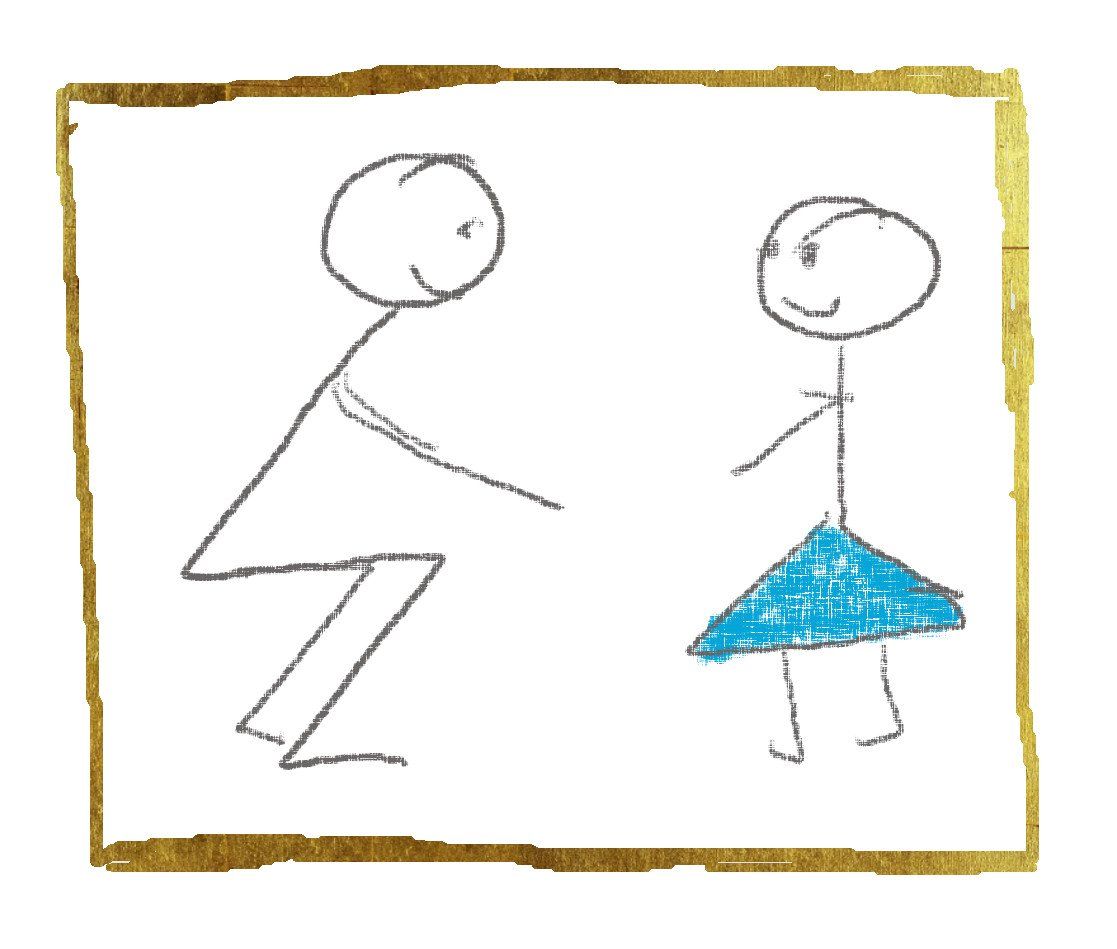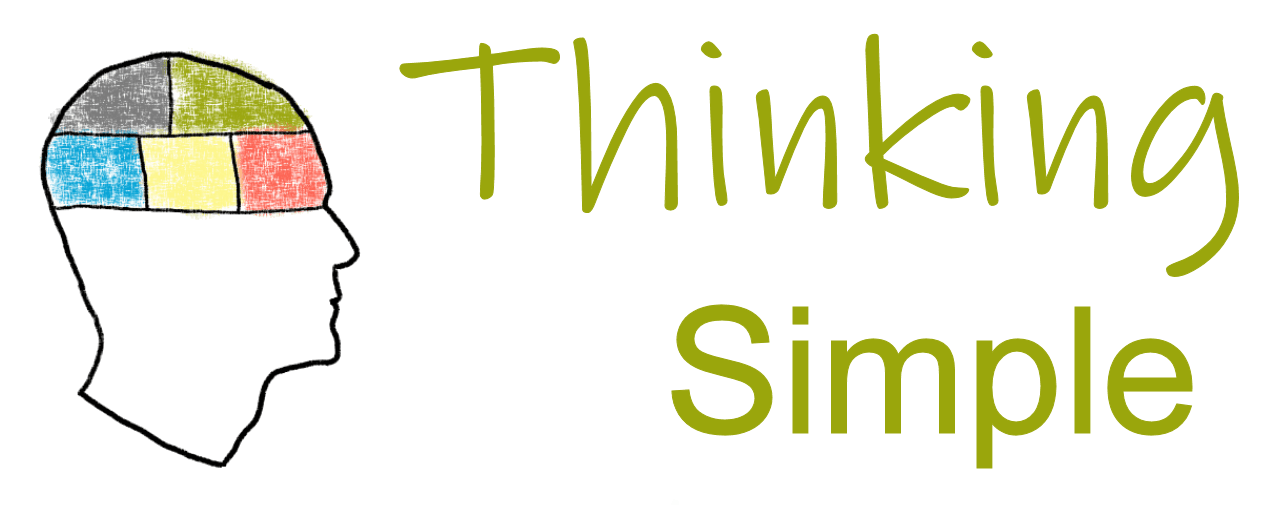
Are You...
Making Mealtimes A Battleground
Part 3: Potential Consequences
Helping create a healthy attitude to food is one of the greatest gifts we can give our children.
And yet, when we make mealtimes a battleground we risk doing exactly the opposite.
Understanding the potential long term consequences can help build our resolve to find a better way.
Key Points:
- There are several ways we can unwittingly corrupt our children's relationship to food
- Of these, this article focuses on the potential damage that can be caused when we put undue pressure on our children to eat
- In truth, no one has the right to force anyone to eat something they do not want, or do not feel safe with, no matter how well meaning
- If we do, we risk creating a range of long term issues, including:
- inhibiting our children's desire to try new foods
- causing them to loose control of their own eating
- giving them power to use eating as a way of controlling us
- increasing the likelihood they use eating as a way of externalising other anxieties or emotions they feel are not being listened to
Introduction
In Part 1
of this series we explored how children learn about food before they take the very risky step of putting it in their mouths.
In Part 2
we explored the reasons why modern family life makes it so much more difficult for children to learn safely about food.
In this third part I will explore some of the long term damage that can be caused when we overstep our natural authority and attempt to coerce our children to eat.
"You can't have your pudding if you don't eat your greens. How can you have any pudding if you don't eat your greens?!"
Power Corrupts
Food is an extremely powerful force in all our lives.
Unfortunately, wherever power lies, so to does the potential for corruption.
There are several ways we can corrupt our children's relationship to food, from using it as a substitute for love and attention to using it to control their behaviour, all with potentially damaging long term consequences.
I will cover most of these in a separate article.
For now, I will focus on the corruption most common when trying to overcome our children's reluctance to eat... Coercion.
You can lead a horse to water, but....
We all know the old adage about trying to make a horse drink. We can laugh as we imagine the horse's stubborn refusal and our own futile attempts at well meaning coercion.
However, in reality, the point of the adage is that there is nothing so frustrating, so demoralising, so demeaning and potentially so damaging, as trying to control something we have no control over and have no right to control. No matter how well intentioned we are.
The truth is that none of us should be expected to eat something we do not want, or feel safe with, and none of us have the right to coerce anyone else to do likewise.
Young children do not starve themselves to death.
They do not 'choose' to eat a narrow, boring, restricted diet.
Given the opportunity they will develop a healthy attitude to food.
When we attempt to coerce our children to eat things their bodies are telling them not to, for whatever reasons, we are in danger of causing long term permanent damage that is far greater than any short term nutritional deficiency.
Before I go further, I need to point out that I am not an expert in eating disorders, so please accept the following as an illustration of the types of damage that might be caused.
Hopefully it will help you build your resolve to try the less intuitive and less immediate approach outlined in this series of articles.
1. Inhibiting Desire To Try New Foods
The first and most obvious danger when pushing our children to eat is that we achieve precisely the opposite.
The instinct in our children not to eat potentially life threatening poisons is very strong, far stronger than anything we have to throw at them.
The more we try to make them eat, the more we diminish our children's sense of control over their own eating. The likely result is that they will become even stronger in their determination to resist, until it reaches a point where any instinct to open up to new possibilities is lost and they become permanently locked in a narrow set of safe foods.
2. Breaking The Link With Their Own Bodies
For most of us, if we listen carefully, our bodies will tell us what to eat and how much of it.
We have to trust that the same is true of our children.
When my daughter pushes her bowl, or plate away and says she's had enough, I sometimes find it impossible to stop myself saying:
"Are you sure you've had enough?"
Or words to that effect.
Never once has she said, "Oh sorry Daddy, I was wrong, I'll just finish up what's on my plate", or even taken another mouthful. Literally NEVER.
And when I've said:
"This is delicious, would you like to try some?"
She's never once said "Yes". Literally NEVER.
The temptation to ignore what my daughter's body is telling her and to try and coerce her to eat something against her will is so powerful I used to have to look away and keep my mouth tight shut for fear of showing my anxiety and frustration.
If we do overstep the natural bounds of our authority, not only do we risk turning the meal into a battleground, we risk breaking the link between what our children's bodies are telling them and what they actually eat.
It's not difficult to imagine the potential long term consequences of this type of coercion.
Young children know what they feel safe with and how much they need to eat, pushing them to go beyond that risks breaking the link with what their own bodies are telling them
3. Loss of Control Over Own Eating
This one is subtly different to the previous point.
When we constantly tell our children what and how much to eat, we don't just risk stopping them from listening to what their bodies are telling them, we risk them loosing all sense of control over their own eating.
The impact of this might not show up for some time, but when, in the future they find themselves in a position where they need to take explicit control of their eating, they may not feel able to.
Control over eating can become something that outside influences do to us, not something we do for ourselves.

4. Making Eating A Weapon To Use Against Us
The last kind of damage is arguably the most troubling of all.
Whenever we attempt to control something we have no power over, we risk handing all the power to the person we are trying to control.
They see our anxiety, they see how little power we have and they quickly learn how much power they actually hold over us.
Rather than us controlling their eating, our children learn to use eating, or not eating, as a way to control us.
Whether it's used simply to get attention, to get what they want, as a way to bribe or even punish us, it is deeply unhealthy.
Later in life it can become a way to externalise other anxieties or emotions that they feel unable to communicate, or that are being ignored.
They learn that eating, or not eating, is a powerful way to guarantee a reaction.
Hand Them The Power They Rightly Deserve
There are many instances in parenting where we overstep the natural bounds of our own authority and power.
When we do, the answer is always the same.
Step back over the line and hand them back the power that is rightly theirs, while focusing on building our own power.
In this instance we should give them complete control over what goes in their mouths, while focusing on what we make available to them and helping them learn what's safe and nutritious to eat.
Children bring enough anxiety to the dinner table, try not to add to it with your own
Created 12/03/2019
Last Updated 11/04/2019

